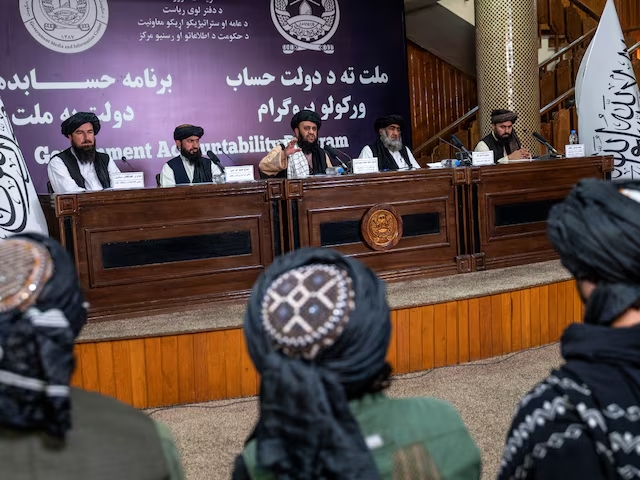The Afghan Interim Government recently made a controversial decision by banning a TV channel for broadcasting pictures of animals. This strange move, a reflection of an archaic mindset, reveals a government out of touch with modern realities.
Such outdated policies are not only holding Afghanistan back but are also creating a growing divide between the country and the international community.
The Taliban’s censorship of media is a significant roadblock in fostering diplomatic relations. By silencing voices and suppressing the Afghan media, the government is preventing the world from seeing the reality of life under Taliban rule.
Media, particularly visual storytelling, plays a vital role in depicting human experiences and evoking empathy. Banning such narratives strips people of their right to connect, learn, and grow through shared stories.
This approach also isolates Afghanistan from global progress. By promoting policies that stifle creativity and prevent cultural expression, the Taliban are alienating the Afghan people from the rest of the world.
This isolation is pushing the country towards a dangerous, regressive state where extremism flourishes.Such repressive policies not only harm Afghan society but also pose a threat to the peace and stability of the entire region.
The Taliban’s actions reflect a deep disregard for the needs of the Afghan people. While the world advances, Afghanistan is being driven further into the shadows of ignorance and repression.
By curbing cultural and creative expression, the government is dimming the potential for future growth. Pushing its people into isolation and darkness.
In sum, the Taliban’s unilateral decisions, including this bizarre ban on animal images, reveal a strategy that prioritizes control over progress.
The Afghan people are being deprived of the opportunity to engage with the world, and as long as these outdated policies persist, Afghanistan’s advancement will remain stalled.


